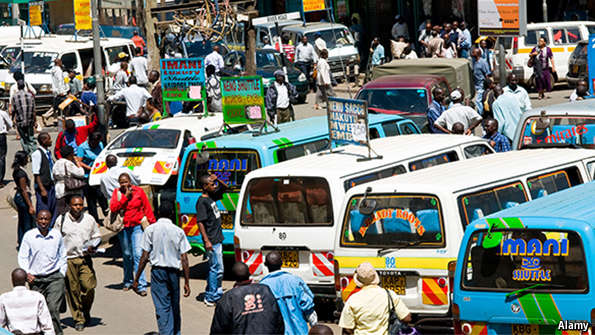
Passenger transport costs in Kenya rose sharply in August 2025, according to the Consumer Price Index (CPI) and Inflation Report released by the Kenya National Bureau of Statistics (KNBS).
The report highlights a significant 15.4 per cent increase in country bus and matatu fares on the Mombasa to Nairobi route, with the fare jumping from Sh1,300 in July to Sh1,500 in August.
Local transport costs also edged upwards, with tuk-tuk fares recording a 1.5 per cent increase during the same period.
However, despite the upward trend in passenger transport, fuel prices showed minimal change.
Petrol prices dropped slightly by 0.5 per cent, from Sh187.37 to Sh186.37 per litre, while diesel prices remained unchanged throughout August.
Beyond transport, the report indicated mixed price movements across various sectors of the economy.
Within the food and non-alcoholic beverages division, both increases and declines in prices were recorded.
Key household staples such as fresh unpacked cow milk, fortified maize flour, sifted maize flour, beans, loose maize grain, and oranges all saw modest declines in prices, with fortified maize flour falling by 1.7 per cent and sifted maize flour by 1.5 per cent.
Conversely, the cost of vegetables surged, with cabbages experiencing the steepest price increase at 6.3 per cent.
Carrots, sukuma wiki (collard greens), and tomatoes also became more expensive, rising by 2.4, 1.9, and 1.2 per cent, respectively.
Prices of other essential items such as white wheat flour, onions, leeks, and potatoes also rose, though at a slower pace, with increases ranging from 0.7 to 0.9 per cent.
Electricity prices, meanwhile, recorded a general decrease across both consumption bands between July and August, contributing some relief to household energy expenses.
The KNBS report painted a complex picture of Kenya’s inflation landscape in August, with transport and vegetable prices placing upward pressure on the cost of living, even as fuel, electricity, and certain staple foods offered marginal reprieve.











